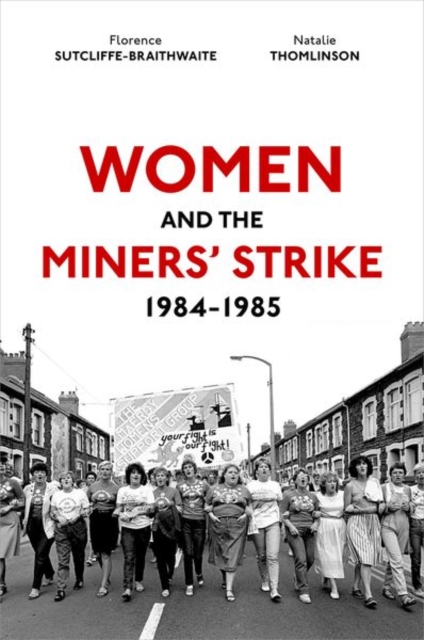Just days into the miners' strike of 1984-1985, a few women in coalfield communities around Britain began to meet to consider how they could support the strike, a clash with the Thatcher government over the future of the coal industry. Women ultimately formed a national network of groups that some observers saw as an 'alternative welfare state', helping to keep the strike going for just under a year. This book is the first study of this national movement, illuminating its achievements, but also telling the less well-known story of arguments and divisions with men in the National Union of Mineworkers and feminists in the women's liberation movement. Many women in the movement, despite their activism, resolutely denied that they were 'political' at all, defining themselves as 'ordinary' women, housewives, mothers, and workers; and, despite some claims that women activists had been transformed for ever by their experiences, most of those involved felt they had been changed only in more subtle ways.
Women and the Miners' Strike is also the first to look beyond the activists to study the experiences of the majority of women in mining families who did not get involved in activism. Some of these women supported the strike by going out to work themselves to keep their families going; others supported their menfolk with practical and emotional support in the home. A large number were ambivalent about the dispute, even though the experiences of women whose husbands or fathers worked through the strike, or returned to work early, have generally been almost entirely obscured within popular memory. This book therefore also demonstrates how some women whose husbands broke the strike refashioned concepts like democracy and community to justify their actions, and how some even formed their own support groups to aid other women in their communities who found themselves under fire for opposing the strike.
Through examining the stories of more than 100 women and their varied experiences during the strike, the book sheds new light on working-class women's relationship to the 'political' and the 'ordinary', and demonstrates the ways in which gender roles, working-class lifestyles, and coalfield communities changed in Britain over the post-war period.










